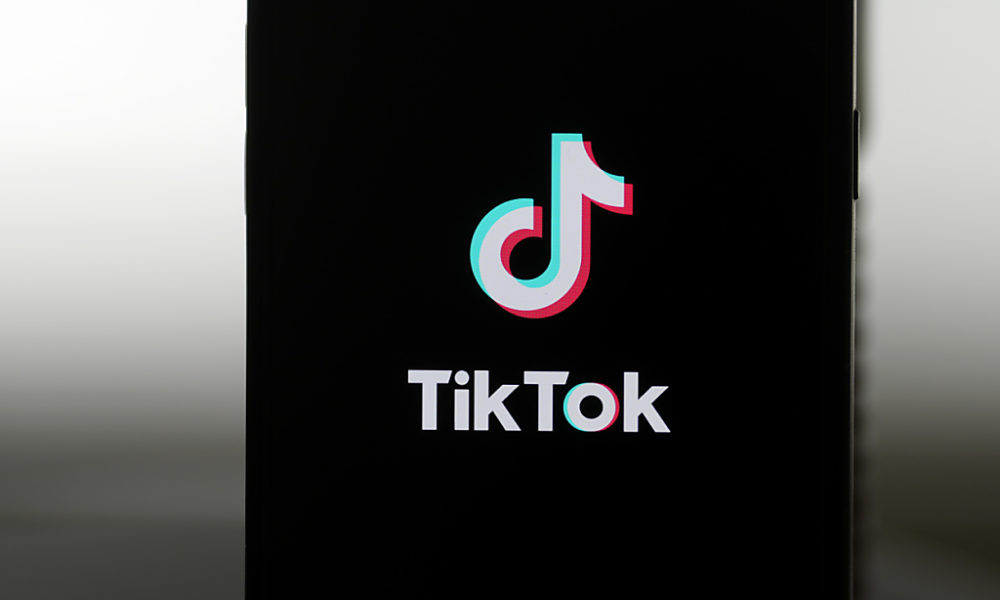In today’s rapidly evolving healthcare landscape, staying ahead of the curve is imperative for hospitals and medical facilities. The integration of cutting-edge technology has become essential not only for providing top-notch patient care but also for the efficient management of healthcare systems. This is where the role of a Hospital Tech Consultant comes into play. In this article, we will delve into the world of Hospital Tech Consultants, their significance in the healthcare industry, and how they are reshaping the future of medical institutions.
The Changing Face of Healthcare
Before we dive into the specifics of what a Hospital Tech Consultant does, it’s crucial to understand the evolving healthcare landscape. Hospitals are no longer just brick-and-mortar institutions with beds and doctors. They have transformed into intricate ecosystems driven by data, technology, and patient-centric care.
The advent of Electronic Health Records (EHRs), telemedicine, AI-driven diagnostics, and wearable health devices has ushered in a new era of healthcare. To leverage these innovations effectively, hospitals require professionals who can bridge the gap between technology and healthcare management. This is precisely where a Hospital Tech Consultant shines.
Who is a Hospital Tech Consultant?
A Hospital Tech Consultant is a highly specialized professional with expertise in both healthcare and technology. They serve as a bridge between medical institutions and the rapidly advancing world of healthcare technology. These consultants are well-versed in the latest trends, regulations, and innovations in both fields, making them invaluable assets to hospitals aiming to streamline operations and improve patient care.
The Role and Responsibilities
Technology Assessment and Implementation
One of the primary responsibilities of a Hospital Tech Consultant is to assess the current technological infrastructure of a medical facility. This includes evaluating the efficiency of existing systems, identifying areas for improvement, and recommending suitable upgrades or implementations.
For instance, if a hospital is still relying on paper-based records, a Hospital Tech Consultant might recommend the adoption of an EHR system. They will oversee the entire transition, ensuring a seamless integration that minimizes disruption to patient care.
Compliance and Data Security
In the age of digital health, ensuring compliance with regulatory standards and safeguarding patient data is paramount. Hospital Tech Consultants play a crucial role in helping medical institutions adhere to these regulations, such as HIPAA (Health Insurance Portability and Accountability Act).
They design and implement data security protocols, conduct regular audits, and train hospital staff on best practices for data protection. This not only ensures legal compliance but also builds trust among patients regarding the security of their medical information.
Streamlining Workflows
Efficiency is the cornerstone of any successful healthcare institution. Hospital Tech Consultants work closely with hospital administrators and staff to optimize workflows. By identifying bottlenecks and implementing automation solutions, they enhance the overall efficiency of the hospital.
For example, they may introduce automated appointment scheduling systems, reducing waiting times for patients and minimizing administrative overhead.
Training and Education
Introducing new technology into a healthcare environment requires proper training. Hospital Tech Consultants organize training programs for medical staff to ensure they are proficient in using new systems. This helps in maximizing the benefits of technology and minimizes errors due to unfamiliarity.
The Impact on Patient Care
The ultimate goal of a Hospital Tech Consultant is to improve patient care. By streamlining processes, enhancing data security, and fostering a culture of innovation, they contribute significantly to this objective. Here are some ways in which their work directly benefits patients:
Faster and Accurate Diagnostics
Advanced technology enables healthcare professionals to make quicker and more accurate diagnoses. Hospital Tech Consultants ensure that hospitals have access to the latest diagnostic tools and support systems, reducing the time it takes to identify and treat medical conditions.
Improved Communication
Effective communication is vital in healthcare. Hospital Tech Consultants often implement telemedicine solutions that allow patients to consult with their healthcare providers remotely. This is especially valuable for patients in remote areas or those with mobility issues.
Enhanced Patient Experience
From online appointment scheduling to easy access to medical records, technology can significantly enhance the patient experience. Hospital Tech Consultants work on making these digital touchpoints user-friendly and accessible to all patients.
The Future of Hospital Tech Consultants
As technology continues to advance, the role of Hospital Tech Consultants will only become more critical. They will be at the forefront of adopting innovations such as AI-driven diagnostics, robotic surgery, and predictive analytics. These experts will ensure that hospitals are not only equipped with the latest technology but also utilize it to its fullest potential.
In conclusion, the role of a Hospital Tech Consultant is pivotal in the ever-evolving healthcare landscape. They are the driving force behind hospitals’ successful integration of technology and their commitment to providing top-tier patient care. With their expertise, medical institutions can navigate the complexities of healthcare technology, ensuring a healthier and more efficient future for all.











